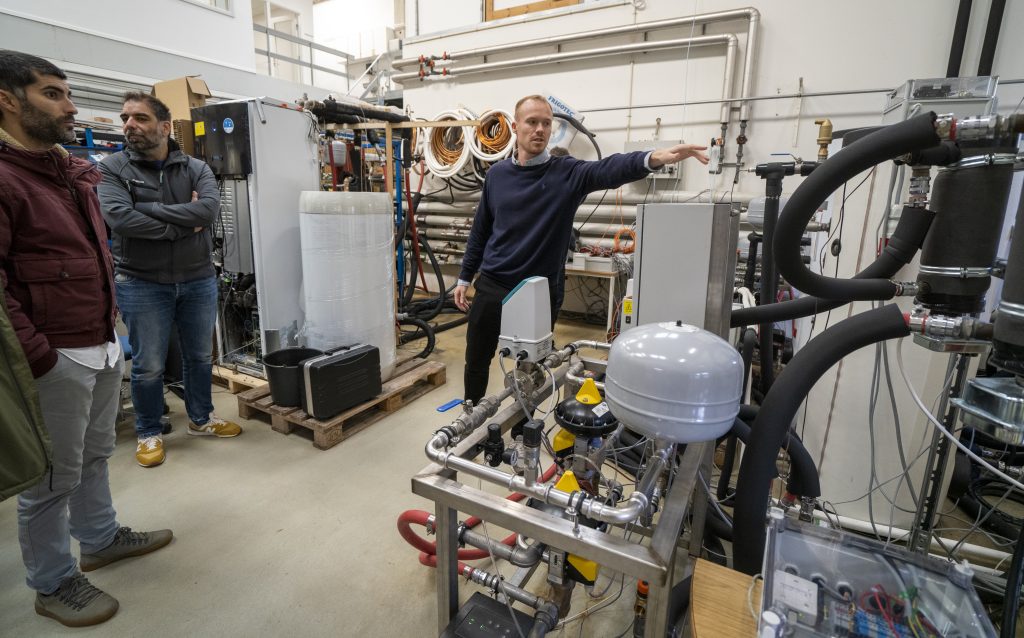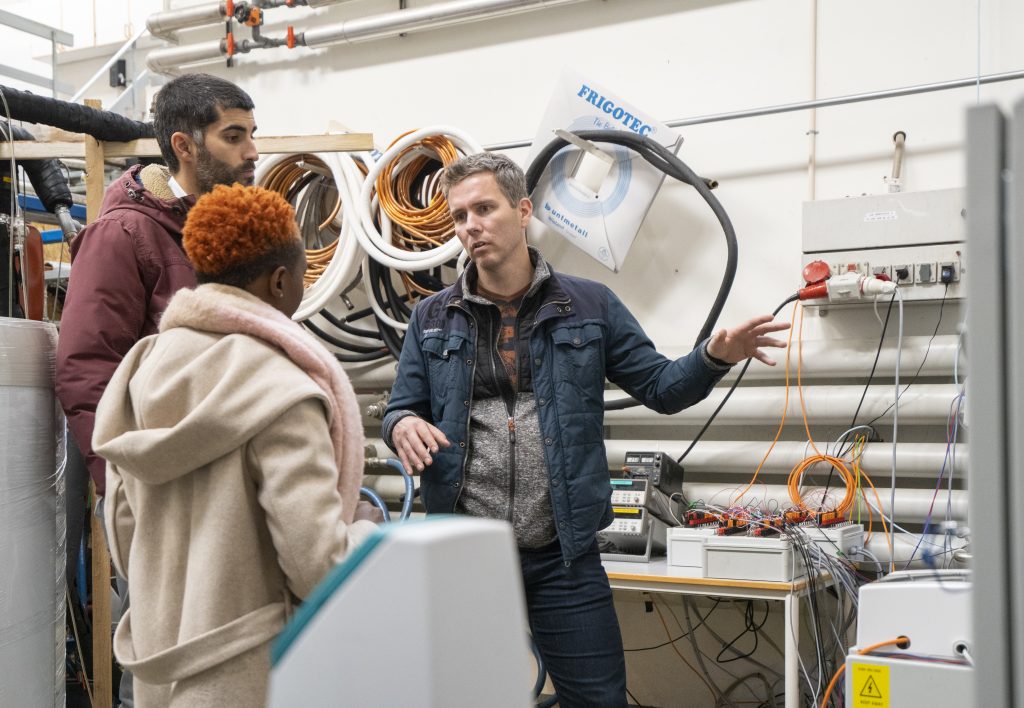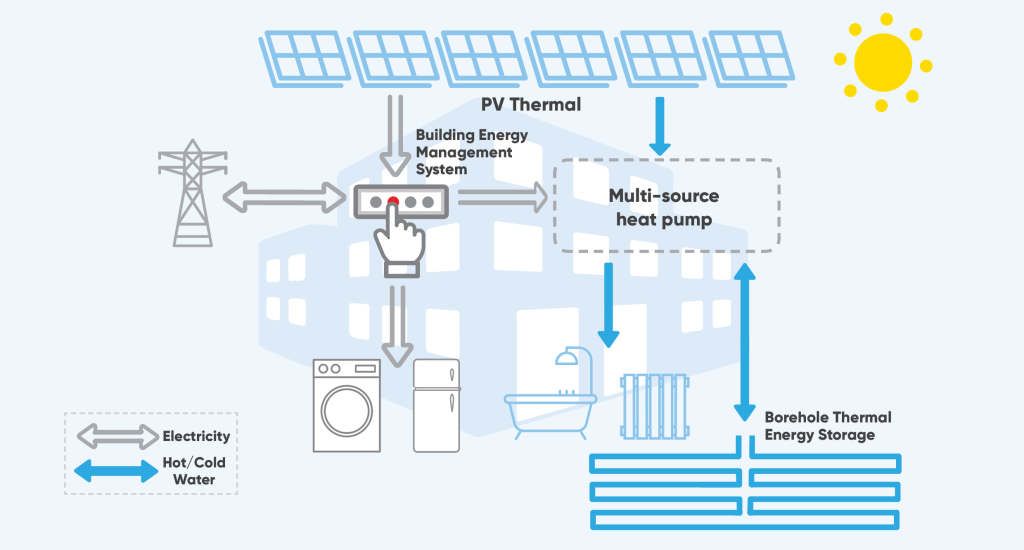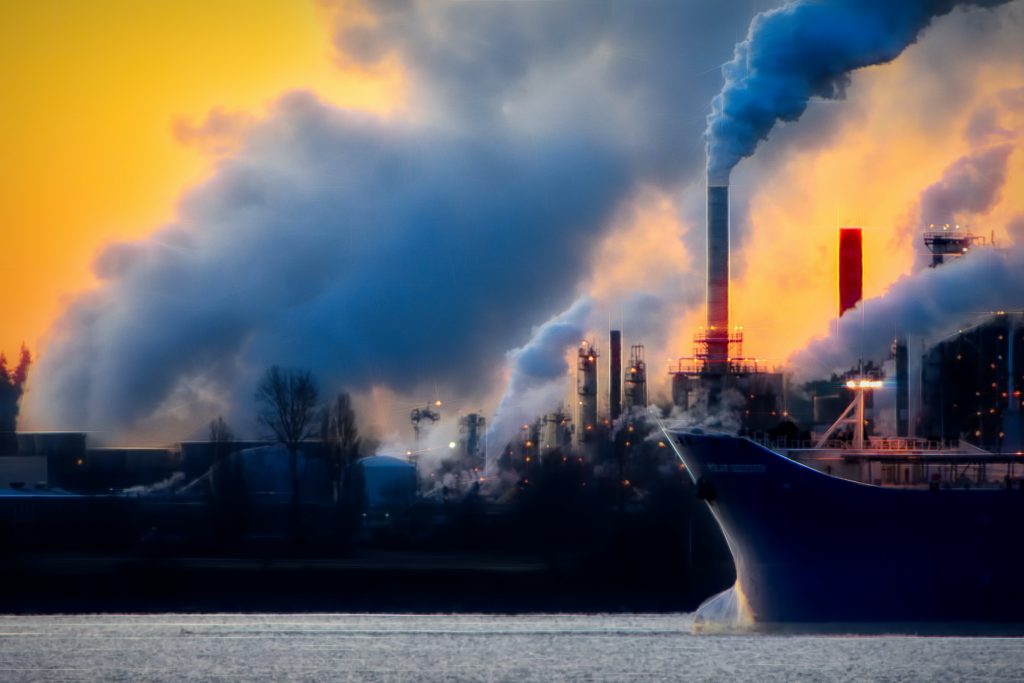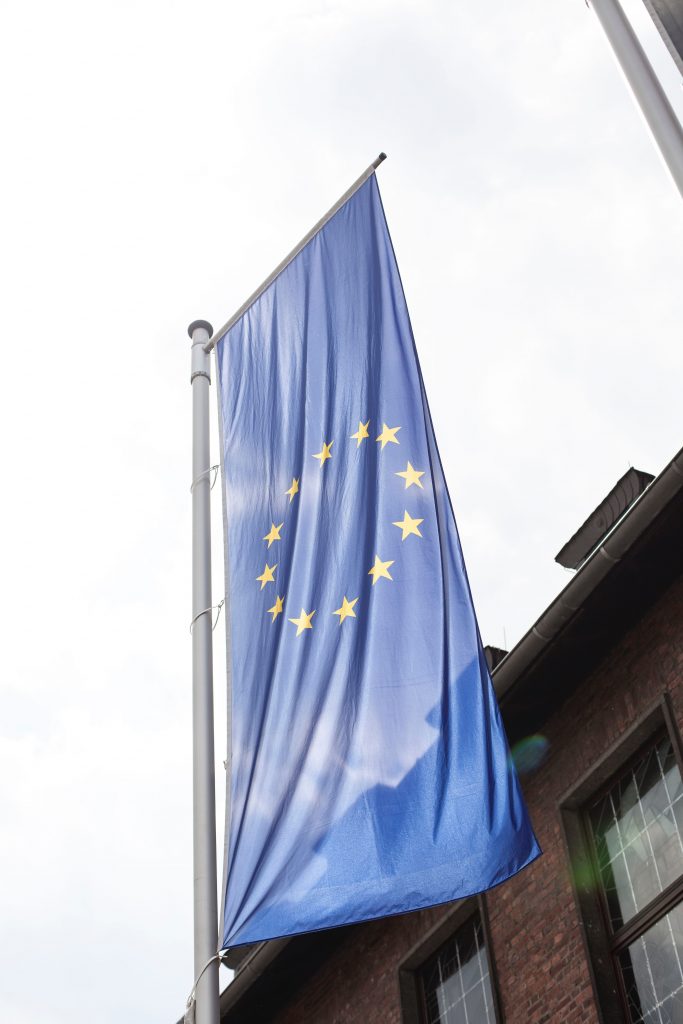While decarbonisation is the main objective of the RES4BUILD integrated energy solutions, decoupling from fossil fuels contributes to security of supply, and using on-site generated electricity contributes to affordability, moving away from heavily fluctuating market prices. A report has indicated the technical potential of these integrated energy systems in the European market,
Affordable and clean energy
A good practice assssment performed by the EU funded RES4BUILD project reveals that accelerating the uptake of Integrated Energy Solutions (IES) increasingly requires consideration of financial and social innovation to address non-technological barriers.
Maintaining indoor comfort in buildings accounts for more than 30% of total energy use worldwide – smart control of building energy use can contribute greatly towards energy sustainability goals. This is an important part of the RES4BUILD project which is looking at renewables for clean energy buildings in a future power system.
Studies indicate the actual cost of global warming will be highest for the three top emitting countries: China, India and US and with the most to lose from climate change. The cost is higher than first assumed. Many countries have not yet recognised the risk posed by climate change. This study aims at filling this gap and shows mapping of domestic impacts of climate change can help better understand the determinants of international cooperation.
The European Union aims for 2030 to reduce greenhouse gas emissions by 40% compared to 1990 levels. Furthermore, the long-term vision is to become climate-neutral by 2050; this means transforming the current energy system. Compiled from MUSTEC’s research activities, key drivers and policy decisions are identified and explained for effective CSP deployment in Europe in the coming years up to 2050.
Key in the process for low-carbon transition is a transformation in all sectors and regions and the incorporation of new technologies and practices. Research and Innovation (R&I) is key in the development and successful uptake of clean technologies and focuses on three key non-mature technologies, CCS, advanced biofuels, and batteries for electric vehicles, as well as on energy efficiency measures explained in the report.
The transition to low carbon practices requires incorporating new technologies and practices, with Research and Innovation (R&I) being key in developing. Optimal R&I strategies increase the feasibility of ambitious climate stabilization targets by lowering carbon prices and mitigating costs.
EU- funded DEEDS project gives recommendations on Research and Innovation (R&I) aimed at decarbonisation of the EU economy and society and are relevant to the EU Green Deal.
Economic growth has been a priority for the European Union (EU) since its creation. The Paris Agreement targets will not be reached by technological and policy measures alone, businesses need to contribute and commit to the decarbonisation journey. The Business Guide calls to policymakers and businesses to move decarbonisation strategies from words to reality.
DEEDS’ knowledge base constitutes of two components: the scenario explorer and the technology database and intends to reach out to a broader audience and academia who could deliver deep and rapid reductions in emissions. This may help stakeholders to access detailed information about expected European emission limits, technology markets and energy prices, to develop strategies and understand the market potential for technologies consistent with decarbonisation pathways.

